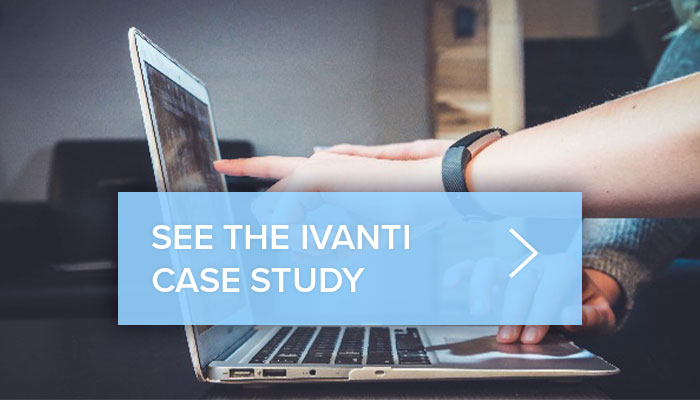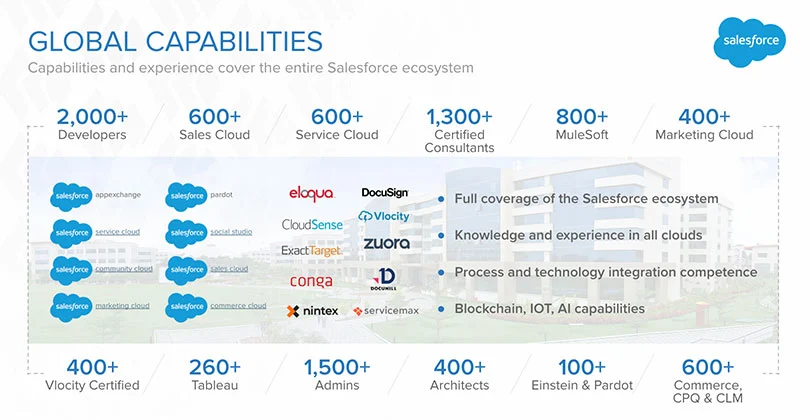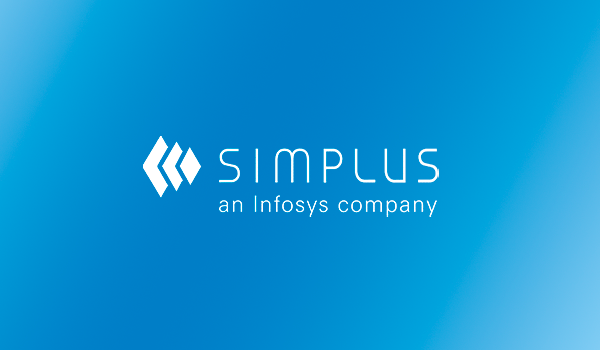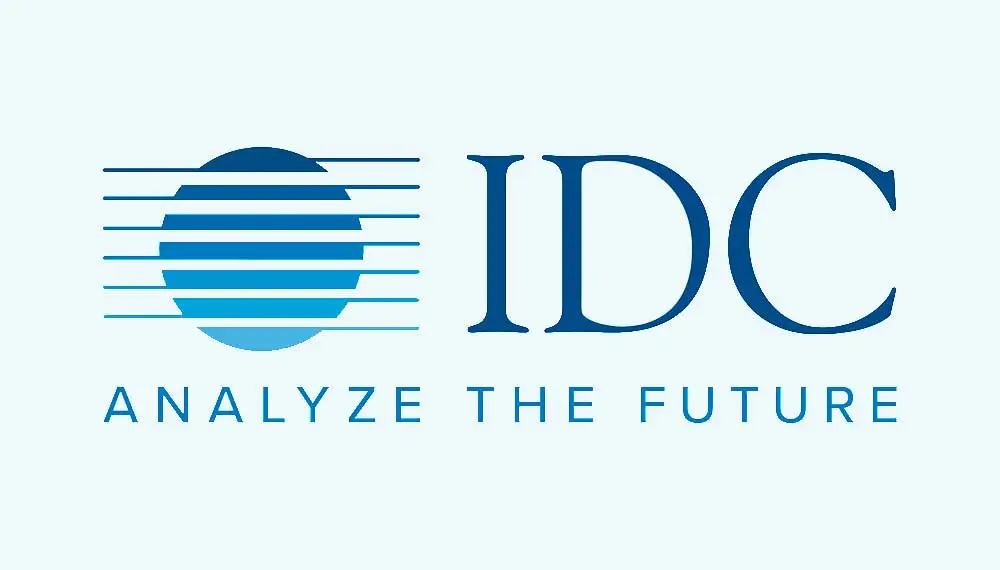You often have to get personal with your healthcare provider for the best care. But feeling rushed or being called Todd when your name is Dennis doesn’t do much to build trust.
The point is that personalizing the patient experience with Data Cloud offers healthcare businesses an opportunity to enhance patient care with accurate patient information while also improving operational efficiency. Using data to create personalized experiences is good for building patient loyalty and business.
With Einstein 1 Data Cloud, users can connect data from different sources to create a unified customer profile and infuse AI, automation, and analytics to elevate the patient experience.
“A company’s AI strategy is only as good as its data strategy. We pioneered the metadata framework nearly 25 years ago to seamlessly bridge data across applications. It’s the connective tissue that fuels innovation,” said Parker Harris, Co-Founder and CTO, Salesforce. “Now, with Data Cloud and Einstein AI native on the Einstein 1 Platform, companies can easily create AI-powered apps and workflows that supercharge productivity, reduce costs, and deliver amazing customer experiences.”
What impact does data-based personalization have on healthcare? Here are three examples.
1. Ignites Patient Satisfaction and Loyalty
Patients feel valued when healthcare providers anticipate their needs and deliver tailored services. This, in turn, increases patient loyalty. Satisfied patients are more likely to return for future care, recommend the healthcare organization to others, and reinforce the organization’s reputation.
“We know one size fits all doesn’t work for helping patients navigate healthcare and associated lifestyle changes,” Amy Bucher, Ph.D., explained. “Personalization is key to providing relevant, meaningful guidance.”
Through research, Bucher found that when high-touch human-delivered personalization is challenging, digital technology can fill some gaps to help patients while easing demands on the health services system.
“If behaviors can be self-, rather than provider-, managed without sacrificing quality outcomes, patients may not need an appointment; if patients can be prompted to reach out to providers appropriately via digital means, then high-touch outreach and care can be reserved for patients with more complex needs or less digital engagement,” Bucher said.
Data Cloud Functions: Real-Time Data Insights
Data Cloud analyzes data from various sources, such as electronic health records (EHRs), wearable devices, and patient feedback. By integrating real-time data streams with Einstein AI, healthcare providers can gain actionable insights into patient behaviors, preferences, and health status.
This allows for proactive interventions, such as automated reminders for medication schedules, personalized health education materials, and remote monitoring of chronic conditions, which improves patient outcomes and reduces healthcare costs.
2. Provides Data-Driven Insights for Continuous Improvement
By collecting and analyzing data from various touchpoints along the patient journey, healthcare organizations can gain a deeper understanding of patient needs and preferences, identify areas for improvement, and make data-driven decisions to enhance the patient experience further.
Studies show that 54% of physicians believe AI and analytics will streamline patient data, leading to more personalized care. By leveraging the power of data analytics and artificial intelligence, healthcare organizations can gain deep insights into patient preferences, behaviors, and needs, allowing for the delivery of tailored and proactive healthcare services.
This personalized approach encourages participation in healthcare decisions, improves treatment adherence, and improves health outcomes.
Data Cloud Functions: Omnichannel Communication
Einstein AI enables healthcare organizations to personalize patient communication across multiple channels, including email, text messaging, and telehealth platforms.
By analyzing patient preferences and communication history, organizations can deliver targeted messages, appointment reminders, and follow-up care instructions that resonate with each patient’s preferences and needs. This personalized approach fosters greater patient engagement, encourages participation in healthcare decisions, and strengthens the patient-provider relationship.
3. Delivers Smarter Resource Allocation and Operational Efficiency
By analyzing patient data and preferences, organizations can identify areas of high demand, optimize appointment scheduling, and allocate staff and resources accordingly. This improves patient flow, reduces wait times, and maximizes operational efficiency and resource utilization, leading to cost savings and higher revenue potential.
Data Cloud Functions: Predictive Analytics
Einstein AI analyzes patient data, including medical records, diagnostic images, genetic information, and lifestyle factors. By applying machine learning algorithms to this data, healthcare providers can predict individual health risks, identify potential complications, and tailor personalized care plans to each patient’s unique needs and circumstances.
For example, Einstein can help identify patients at risk of developing chronic conditions and recommend preventive measures or lifestyle interventions to mitigate those risks.
Einstein AI and Data Cloud are transforming the patient experience by helping health services get personal with real-time insights for proactive interventions, enhanced communication and engagement, and streamlined access to care.
These technologies empower healthcare providers to deliver more personalized, effective, patient-centered care, ultimately improving patient outcomes and satisfaction.






















































0 Comments